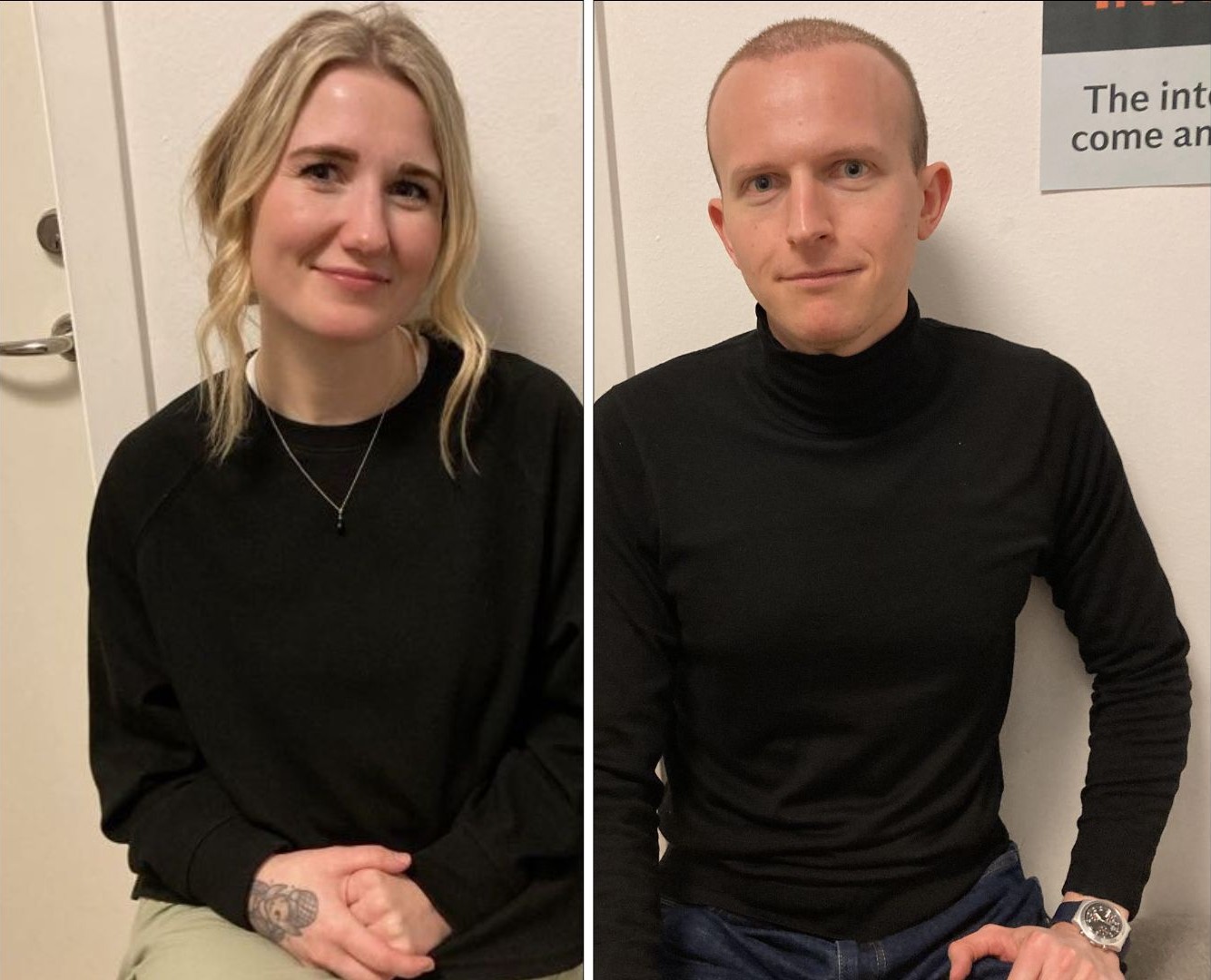Coffee drinkers should be ecstatic as global coffee prices have fallen to their lowest level in over four years. Unless you're in Denmark, that is.
The price of coffee arabica has plummeted over the past couple of years, currently costing just over 14 kroner per kilogramme, which is the lowest level since the spring of 2009. However, Danish retail prices remain largely unchanged, Politiken newspaper reports.
"It is extremely evident that while retailers raise their prices when commodity prices go up, lowering the prices again is a slower process," Henning Otte Hansen, a senior researcher at the University of Copenhagen Fødevarer og Ressourceøkonomi (IFRO) institute, told Politiken newspaper. "It is a pattern that is familiar to a variety of commodities, not only in Denmark, but in many Western countries. Industries count on the consumers' lack of insight into the market."
Up and down coffee prices
Coffee prices have seen large fluctuations in recent years. Prices rose in the spring of 2011 as a result of frigid temperatures in South America during the coffee growing season in the fall of 2010. As such, the price per kilogramme of coffee on exchanges jumped from 26 kroner to nearly 34 kroner. Prices remained at that level until the summer of 2011, at which point commodity the price began to stabilise and eventually fell to 24 kroner per kilogramme.
READ MORE: High consumer coffee price has “no correlation” with producer price
"In the coffee market, retail prices are always three months behind. This applies to both price increases and decreases, as coffee suppliers buy their product three months in advance," Anders Rene Jensen, the purchasing manager for Rema 1000, explained to Politiken newspaper. "This is why commodity prices and retail prices do not always completely coincide."
Jensen also noted that costs associated with transport, packaging, taxes, and payroll needed to be factored in. Politiken attempted to get several other supermarket chains to explain why their coffee prices haven't dropped despite coffee prices being at their lowest point in over four years, but only Rema 1000 responded.
Déjà vu?
Henning Otte Hansen finds the process to be typical of the Danish retail sector.
"It is entirely true that commodity price is just one portion of the total cost prior to the coffee being sold to the consumer," Hansen told Politiken. "But this does not explain why the price of coffee and other products in general have a tendency to rise when commodity prices rise, but not follow the same pattern in reverse."
And he may be right – the price discrepancy scenarios seem to be all too familiar territory for Denmark.
Earlier this year, when the government decided to implement a 15 percent tax cut on beer and soft drinks, it was hoped that cheaper retail prices would follow suit. But while the tax cut came, the cheaper prices did not, and prices remained largely stagnant. And that wasn't the first time Danish beer drinkers had to swallow a broken promise.
In March 2012, for instance, City Council dropped an outdoor service fee that was supposed to allow cafes and restaurants to lower their drink prices. A spot check by Berlingske newspaper seven months later revealed however that nine of eleven establishments in Nyhavn had not reduced their prices. The other two locations dropped the price of beer by a whopping two kroner.
And let's not forget the infamous fat tax, a previously mandated extra charge on food products with more than 2.3 percent of saturated fat.
Though repealed just over a year after it became law, a price check of eight supermarkets following the levy's 2010 implementation, carried out by weekly newspaper Søndagsavisen with co-operation from the Tax Ministry, revealed that prices on many fatty foods were raised significantly higher than warranted by the tax’s introduction. For example, while Skat calculated that the price of sour cream would increase by 6.6 percent due to the fat tax, the spot check revealed that at supermarket Aldi the price of sour cream was raised by 17.3 percent.
While the fat tax is now long gone, spot checks have revealed that the prices on affected products have not decreased as expected.













